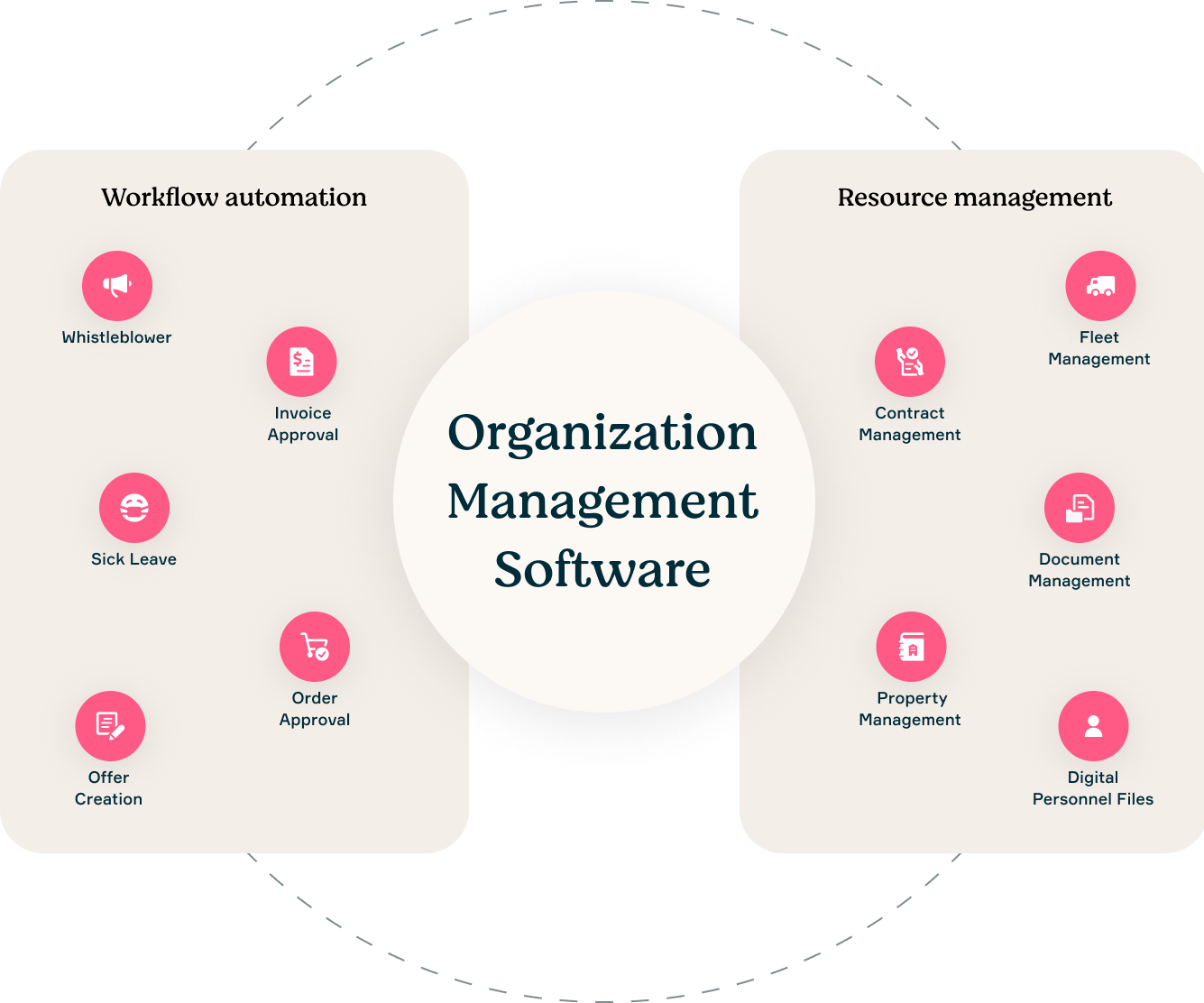When mentioning compliance violations, many people immediately think of well-known scandals: RBB, VW, Deutsche Bank or Wirecard. From a lack of transparency into spending in public institutions to more tangible corruption, many cases attract a great deal of media attention.
Adhering to compliance rules has always been critical in the public sector, including government agencies, municipalities, public utilities, and broadcasting. Today, however, this topic affects almost all companies.
The study "Wirtschaftscrime und Firmenkultur 2013" (Pricewaterhouse Coopers AG together with the Martin Luther University Halle-Wittenberg) shows: In 2007, 41% of companies surveyed had implemented a compliance program, whereas in 2013 the number was 74%, demonstrating that the importance of compliance has steadily increased.
Compliance rules are primarily based on clear regulations that are intended to prevent crimes such as bribery, corruption, violations of data protection and other misuses of information. It’s significant that compliance applies equally to public or private companies of different sizes and industries, and these organizations have strong incentives to identify rule violations as early as possible to avoid sanctions and / or reputational damage. The well-known violations mentioned above show what can happen to an organization that fails to do so.
Compliance remains the price of doing business
It can be predicted that the regulatory pressure will remain high in the future and even increase at the European level.
In addition to classic compliance issues such as anti-financial crime, securities trading or risk management, this increasingly also applies to regulations relating to data protection (GDPR), consumer or employee protection directives (such as the EU Whistleblower Directive), or regulatory mandated Codes of Conduct. Ecological protection legislation will also continue to find its way into compliance legislation.
Digitalization is still underrepresented
A study "The Future of Compliance 2019" published by Deloitte and the Quadriga University shows that 23% of the 504 compliance officers surveyed in German companies do not use any IT tools to support their compliance work. At the same time, over 70% of those surveyed assume that IT-based solutions will increase.
Holistic and flexible process compliance with Flowers
Flowers helps European businesses ensure process compliance across the entire company. Our no-code Workflow Builder helps you easily define and automate your compliance processes while offering 100% transparency and control.
Flowers provides a reliable and detailed overview of all process steps and rules in real time, ensuring that all process rules, deadlines, and escalation steps are strictly observed. For example, specifications for the 4 or 6 eyes principle are meticulously implemented and are traceable at all times.
Even more importantly in an ever-changing legislative climate, you can easily adapt compliance processes as legislation evolves - with just a few clicks, Flowers ensures that your entire company is process compliant.
Permissions and Compliance
Our highly granular permission levels ensure your users can access only what they are allowed and supposed to do. Your permissions can be set manually or automatically to determine what can be seen, searched, downloaded, shared, etc., depending on your organization's compliance and policy needs.
Are you interested in the Composable Business Processes approach? Read more about it here.

Process compliance without change management
Flowers’ modern, intuitive user interface makes introducing the solution easy for your compliance team. Change management risk is mitigated because everyone in the business can easily work with Flowers.
Interested in learning more about how Flowers can help your company manage the changing compliance landscape? Book an appointment with us today:




